Originally posted on MailChimp: SIVIO Connect Issue 3 (campaign-archive.com)
A Word from The Executive Director
Dear Friend of SIVIO Institute,
I am excited to be sharing with you our third issue of SIVIO Connect. The newsletter is part of our ongoing efforts to keep you our stakeholders informed about what is happening at SIVIO Institute. As you may already know ours is a quest for an inclusive society. We seek to find answers on (i) how to ensure that our governments work as they should do (effective government), (ii) how do we enhance citizen participation, (iii) exploring ways of reducing our dependency on foreign resources and (iv) ensuring that no-one is left behind in various development projects. Our work is organised within 3 centres: (i) philanthropy and communities, (ii) civic engagement and (iii) entrepreneurship and financial inclusion (as per the figure below). The past couple of months have been hectic but also fulfilling. We achieved several important milestones across our various program areas within Zimbabwe and across the continent. First things first – some news about our talented staff. Our head of programs, Eddah Jowah recently secured a prestigious fellowship with the Kettering Foundation. She will be looking at how residents’ associations can better position themselves to contribute towards sustainable change within their cities and towns. We are excited about the potential of this study and wish Eddah the best of luck during her fellowship. I am also excited to announce that the team is growing. Nontsikelelo Nzula joined the team on the 1st of August to lead our work as Knowledge Production and Training Coordinator. The newsletter is packed with exciting updates. Happy Reading,
Tendai
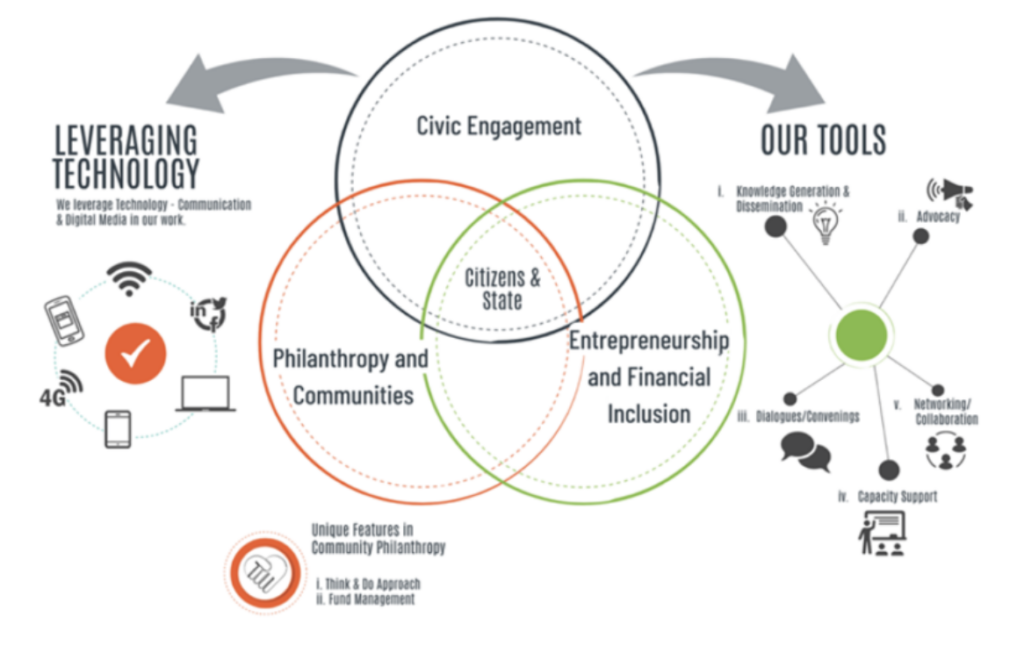
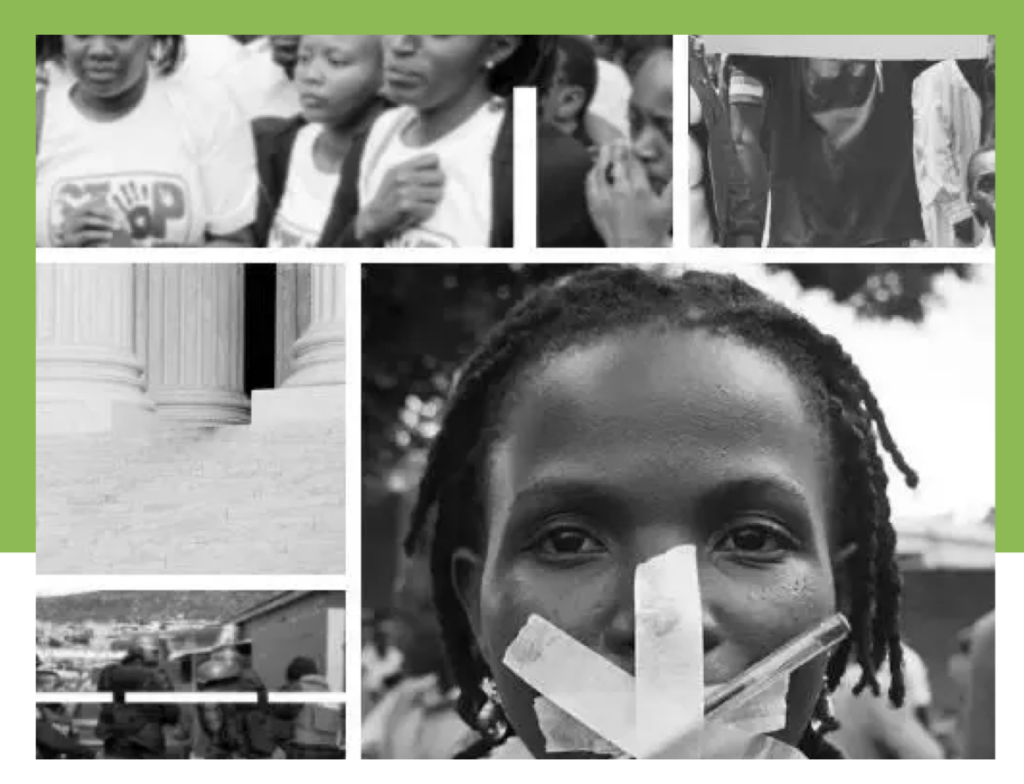
On The Public Space
We launched the African AGORA project way back in 2022 as part of a broader effort and in collaboration with others to defend what is commonly referred to as the public space. There is a growing concern across the SADC region and beyond about official processes to close or inhibit freedoms of associations, speech and movement of financial resources. These are part of a bigger challenge to do with the resurgence of authoritarianism across the continent. Our African AGORA initiative is in two parts; first, we launched the online based platform African Agora which tracks and ranks countries in the SADC region. The platform is a comprehensive research tool to measure public space presenting the trends in legislative standards for the regulation of participation in civic space in order to ascertain whether the operating environment is free and open for entry, participation and full realisation of the rights and freedoms of the citizenry. In addition, the African Agora also interrogates the regulatory standards for participation in civic space. Second- we recently published the 2023 report on the state of the public space in the SADC region using the data collected through the platform. The report examines the operating environment for CSOs in 12 countries – Angola, Botswana, Eswatini, Lesotho, Madagascar, Malawi, Mozambique, Namibia, South Africa, Tanzania, Zambia and Zimbabwe.
On Philanthropic Freedoms
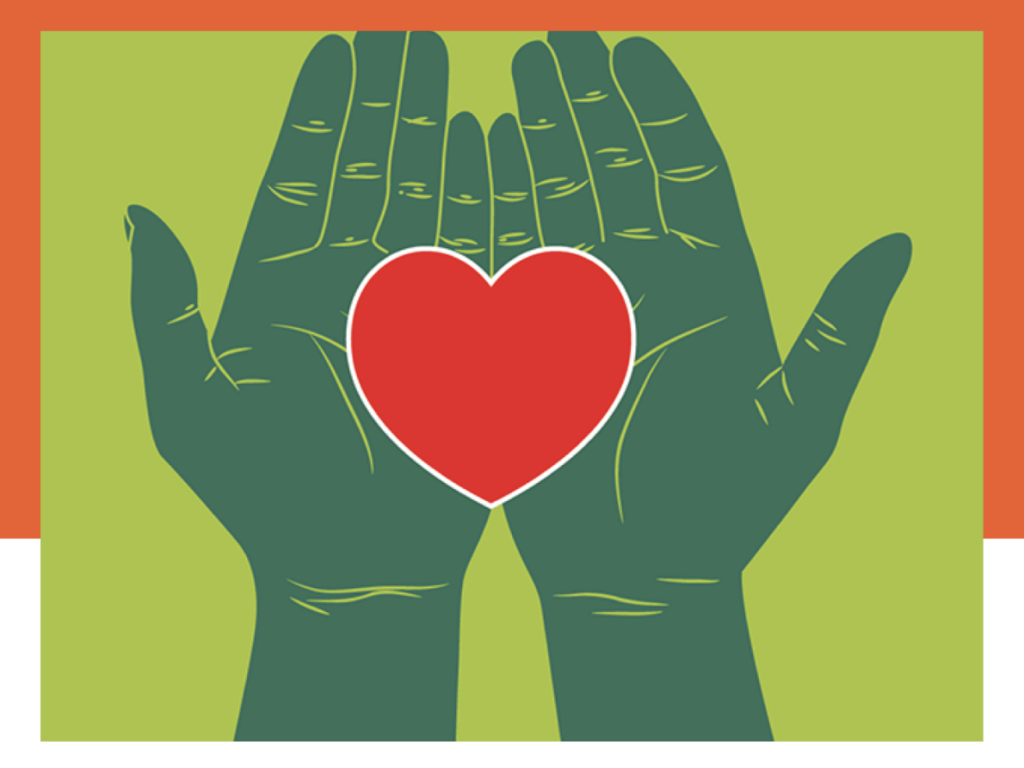
The Ease of Doing Philanthropy project is a sub-initiative within the broader African AGORA project. Here we sought to understand the relationship between the shrinking civic space and the growth of philanthropy on the continent. We analysed legal frameworks that govern and affect the philanthropic sector in 10 SADC countries. The study helps to shed light on the challenges that philanthropy-focused organisations in the region face. The Ease of Doing Philanthropy Index provides an analysis of the legal frameworks that govern and affect the philanthropy sector in 10 SADC countries. Furthermore, we produced 10 reports that provide in-country and an overall regional analysis of challenges faced by philanthropy organisations but also areas of best practice where lessons could be learnt. For more insights and publications from the study go to africanphilanthropy.org and read our blog: Philanthropy and the Law in Southern Africa.
The New Kid on the Block- Introducing Africa Giving Platform
There are two notable trends. The growth of Africa’s middle class within and outside the continent on the one hand and the growing number of African-led non-profit organisations (NGOs, CBOs and Social Enterprises) that are doing incredible work across the continent. However, despite their good efforts – these non-profits are struggling for funding and in many instances face an existential challenge. Institutional funders are decreasing and, in some instances, do not have adequate methods to support the smaller actors. We believe that the thriving local organisations provide a better chance of achieving inclusive development goals. The rising African middle class (dominated by millennials and Gen Zs) is yet to make significant contributions towards the non-profit space. It’s not their fault. Studies have shown that the contemporary middle class is interested in giving beyond family and relations towards causes that align with their deep social justice values. However, there is limited information on who to give to. The non-profit organisations mentioned above do not have adequate communications systems to self-promote and infrastructure to leverage individual giving. Our Africa Giving platform www.africagiving.org provides a Pan-African-wide opportunity for individual givers. We have developed the Africa Giving platform to bridge the gap between non-profit organisations and individuals within Africa and beyond.It is our hope that African givers will be open to supporting bold projects that speak to shifting or disrupting power relations, that allow for long-term thinking about change and allow authentic partnerships between communities and organisations.
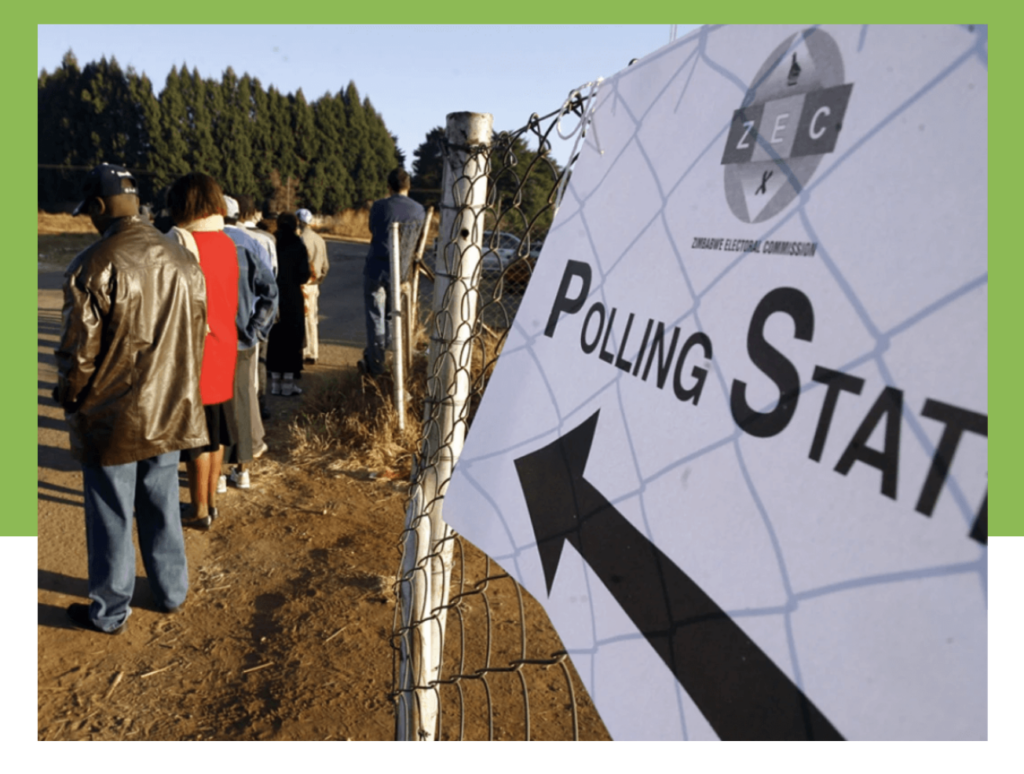
Spotlight on Zimbabwe’s Elections
Zimbabwe’s harmonized elections will be on the 23rd of August. Our work since inception has always focused on how we can contribute towards an issue-driven plebiscite. Our Zimcitizenswatch.org and various local governance-focused initiatives are part of a broader attempt to ensure that citizens focus on the extent to which a political party is resolving public issues that are dear to them. This year our focus has been on ensuring election integrity. We are running an awareness campaign on the rights of the voter through our various social media handles using the #electionswatchzim hashtag. We have also partnered with Heart and Soul TV (HSTV) to produce and broadcast a series of dialogue on (i) the need for peaceful elections, (ii) alignment of public problems with election messages, (iii) youth and women participation in elections and (iv) post-election scenarios. We have developed a platform where we track all things to do with elections here Election Watch Zim
African Journal Of Inclusive Societies
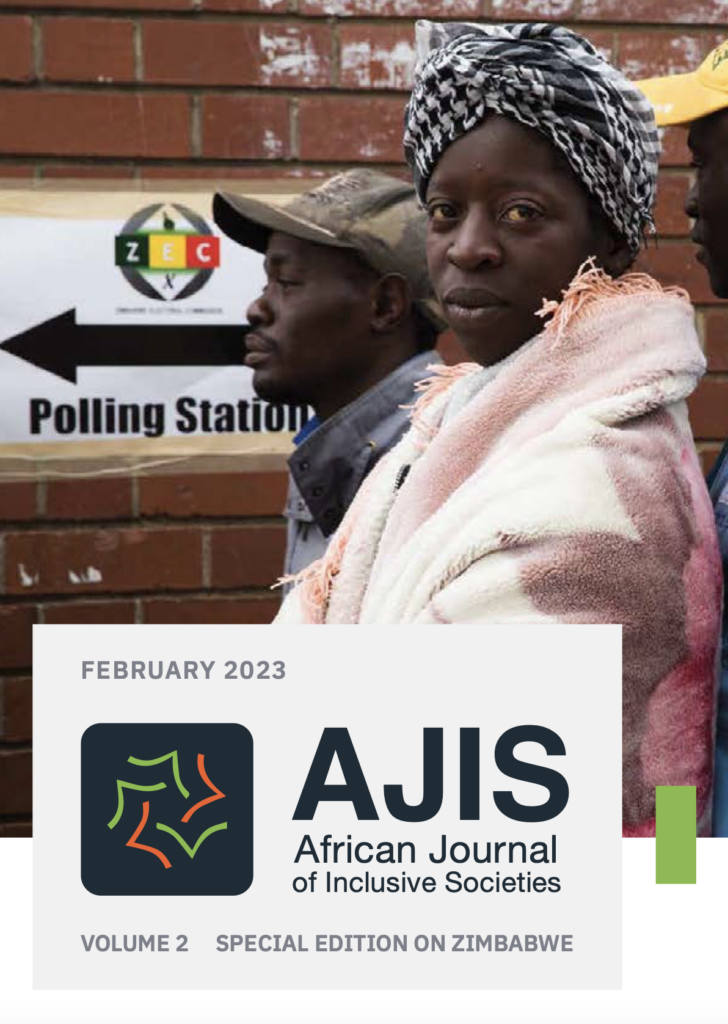
We recently published the second volume of the African Journal of Inclusive Societies to promote an improved understanding between elections and inclusive democracy. We ask the question: Does democracy equate to development? The volume looked at the following issues:
- An Analysis of the Existing Form of Governance Politics in Zimbabwe and Proposals for a New Kind of Policymaking
- Political Inclusion in Local Governance Processes inZimbabwe: A Contextual Analysis
- Exploring the Tenure-Democracy Nexus on Customary Land Right Holders
- Financial Inclusion in Zimbabwe: Re-imaginingProspects for Inclusive Stakeholder Involvement and National Development
- New Citizen Forms of Solidarity in Zimbabwe’s Crisis-Stricken Context
- Zimbabwe’s 2023 Elections: LinkingElections, Democracy and Inclusive Development
We carried out the 4th Citizens’ Perceptions and Expectations Survey Report since 2018 in the month of April and published the survey report from this study in May. The study assesses citizens’ perceptions of government performance and explores their sense of prioritisation on the issues that government should be focusing on (both local and central). The CPE surveys play an important role in assessing the mood of citizens on the ground. You can read a blog article which summarises the findings or: Read The Report
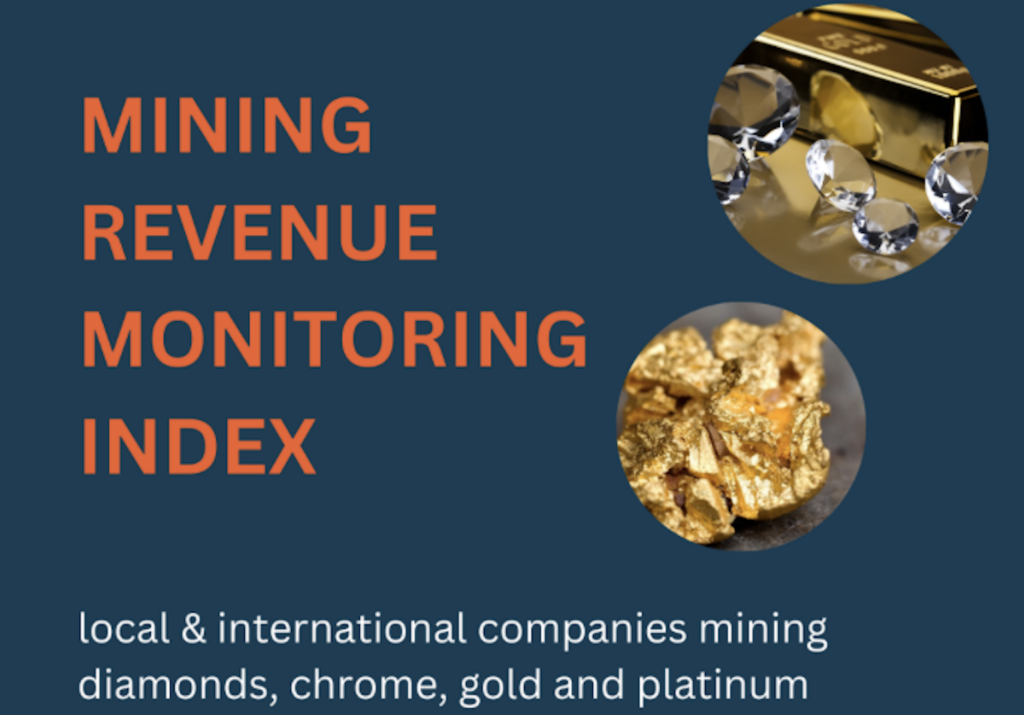
Introducing the Mining Revenue Monitoring Index
Issues around the economy and the continued challenges around it will be significant in shaping the 2023 Elections. Over the last 5 years, the government of Zimbabwe has focused a lot of time and energy on driving investment towards mining, especially around key minerals such as gold, platinum, diamonds, chrome and more recently lithium. The government estimates that it will be a US $12 billion sector by the end of 2023.However, there has been a lot of controversy surrounding the sector and limited information available to the public about the nature of investment patterns and local utilisation as it grows and more players enter the arena, we are monitoring the extent to which revenue generated by the sector is used for local and national development. We ask ‘how much of the revenues generated does the country receive or keep? To what extent are local communities in mining areas benefiting? The Mining Revenue Monitoring Index tracks 10 mining companies involved in at least one of the four minerals, Gold, Platinum, Diamond and Chrome and reports on their gross revenue, tax contributions, as well as reported Corporate Social Responsibility (CSR) values.
Don’t forget that you can be a part of the work SIVIO is doing across the continent in our three centres of work- i) Philanthropy and Communities ii) Civic Engagement iii) Entrepreneurship and Financial Inclusion. You can partner with us by donating to this work or getting in touch with: Supportinfo@sivioinstutute.org
